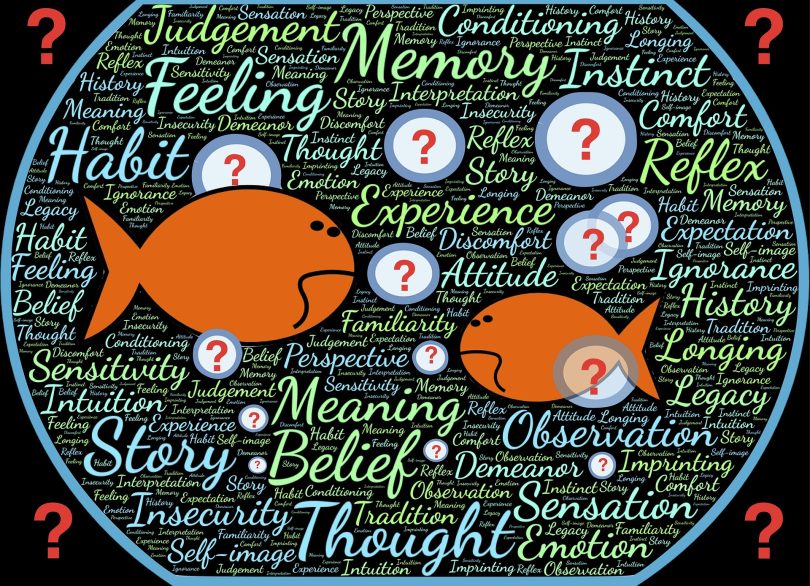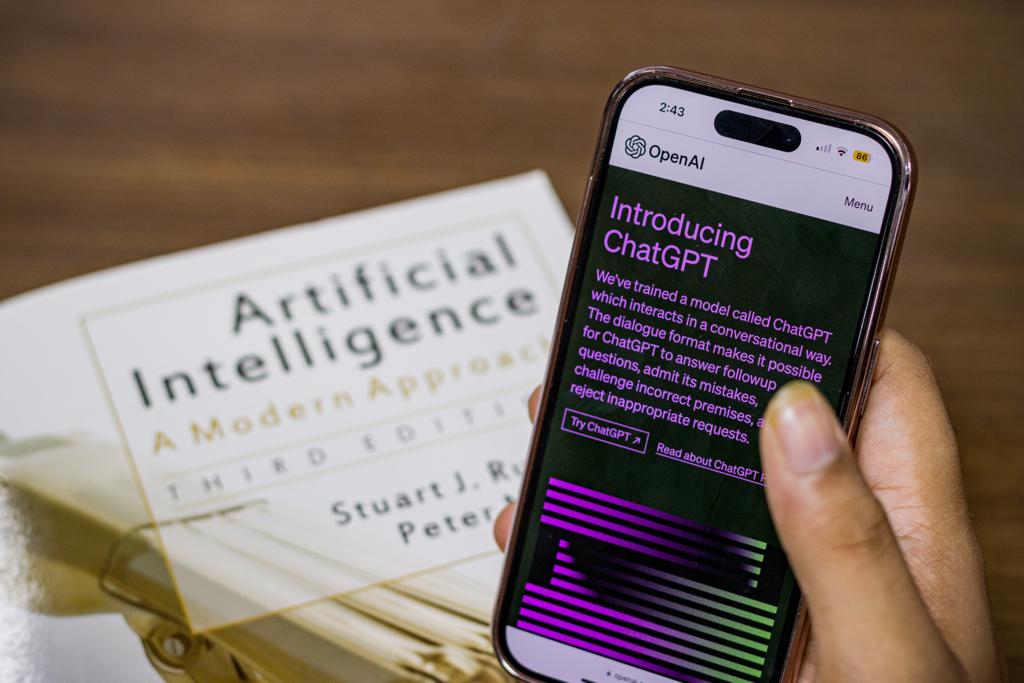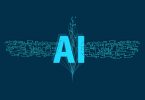The companies are set out to innovate and be creative in how to manage its customers’ opinions and the company’s performance.
While there have certainly been companies doing innovative things, the average B2B customer experience is still frustratingly slow as companies can’t use digital tools and platforms to create seamless or self-service. While the B2C market is gripped by constant streams of digitization and innovation, the B2B business remains relatively stable. B2C companies are constantly experimenting with creative tactics to attract new customers, but B2B rely heavily on referrals, reputation and existing customer retention.
B2B marketing and sales processes are different from B2C methods, but it is important to pay attention to the evolution of service expectations. Today’s B2B customers are technology-savvy digital professionals who look for B2C-like opportunities in their daily work. In the B2B world, customer experience innovation takes many forms, from using new technologies to optimizing sales paths and providing personalized marketing.
While B2B companies have been slow to follow consumer lead, there is a significant opportunity to gain first-mover advantage for innovative leaders who invest time and energy in developing extraordinary experiences for their customers. As a result, companies offering the best experience are far ahead of the competition and often lead their industry in a completely new direction. To meet the needs of B2B shoppers and change buying behavior, manufacturing companies are investing in transforming their growth and digital customer engagement strategies and reaping the rewards.
B2B customers expect a consumer-like experience and that experience is based on the data your business collects. By starting with the pricing of your products, your business needs to be able to offer customers a personalized experience based on the data you collect from them. You can offer as much self-service and as much personalization as possible, but if the experiences you create are inconsistent, your customers are more likely to leave.
It is a mistake to fall in love with your product and forget about the customer, because you need to focus on the customer. No customer needs to contact a sales representative to buy a product, even in B2B.
B2B brands looking to build lasting relationships with their customers and deliver an impressive experience must demonstrate a deep understanding of each person within the account, their relationships with other team members, and the group’s business goals.
These B2B buyers are accustomed to the superior digital experiences of brands engaging in their personal lives and are bringing these precise expectations to the workplace by evaluating potential suppliers for their companies. As more and more people are attached to their homes, and more than ever before, rely on digital tools to work, shop, learn and play for themselves and their families, customer expectations for efficient and convenient digital technologies have grown, but they are not. As if the same customers Leave their expectations of the digital experience at the door as they put on business hats and look for B2B partners.
And while B2B customers rely on humans to manage the intricacies of business-to-business relationships, they also expect the ease and speed of digital technology they get elsewhere to be built into their B2B interactions. And because it is difficult to create a consistent customer experience, B2B companies tend to overly rely on frontline employees – customer support and account management – to manage relationships and resolve problems they often lack the authority to resolve.
According to international marketing analyst firm IDC, two-thirds of Global 2000 CEOs want to focus on digital strategies to improve customer experience, rather than traditional offline methods. Under the leadership of a new generation of shoppers, there has been a shift in the B2B shopping experience in the first modern digital economy. Influenced by the consumer world, many B2B audiences are also looking for a better B2B product or service experience, a smoother, more convenient and hassle-free journey to the customer.








